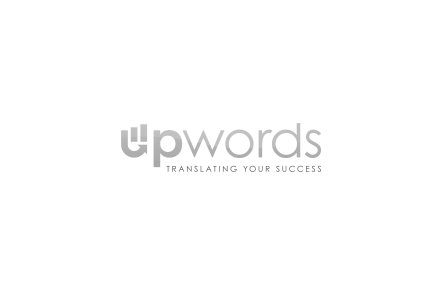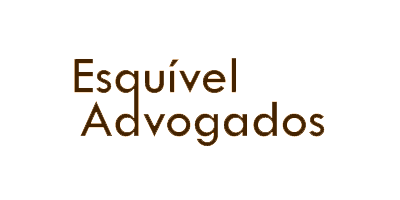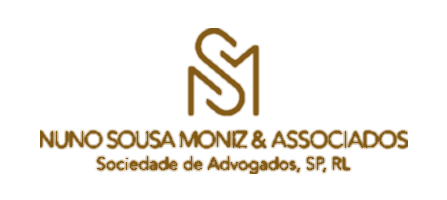If you are planning on making your company an international business, here are a few key elements to think about:
1. What kind of content do you need translated? There’s a broad range of corporate materials that you may want your foreign prospects and partners to be able to access, such as:
- website pages
- apps
- instruction videos
- labels and packages
- marketing videos, banners, and ads
- administrative documents
- legal documents
Translating each kind of material requires a different expertise. For instance:
- Knowledge of law terms in the origin and target languages is a must for translating legal documents.
- Subtitling skills save a lot of time when translating a video.
- Transcreation skills are indispensable for marketing translation.
Knowing exactly what kind of translation expertise you need is essential for you to find the right provider of translation services.
2. Once you’ve chosen your translation company, discuss a translation calendar with them. Quality translation is not done overnight, and if you have a lot of content to translate, that could take weeks or months.
Ask your translation partner for a realistic timeframe for translating your content, so you can integrate this into your overall strategy. Then, decide what materials you need translated first. Is it your marketing campaign, so you can create brand awareness in your new market? Or is it more important to translate legal papers, so you can set up your branch offices?
Only you can know, but it’s important to prioritize the translation of your most strategic content.
3. Ask your translation company to create a style guide and a glossary of technical terms to ensure uniformity across all translations. This is what we do at Upwords, and here’s why.
There will be more than one translator working on your material, and there’s often more than one way to translate a technical word or phrase. If all translators are on the same page about key terms and phrases, your translated material will be consistent — which makes it clearer and easier to understand for your foreign clients.
4. You should also make sure your translation company uses translation software that stores all translations done, so they can be used in the future and reduce your turnaround time and costs, since all repeated sentences will automatically be translated. It makes sure a word will never be lost, and this can apply even to repetitions in the documents you are translating for the first time.
5. Make sure the marketing content you have is adequate to your new market. If necessary, create new marketing materials — or even a new marketing strategy altogether — for the country you are moving into.
Sometimes a marketing campaign that works well in your country is not the right one for your new market. Maybe...
- Your foreign prospects can be better reached on another kind of media platform, like printed catalogues rather than WhatsApp ads.
- The country you’re selling to has a very different culture from yours, and your ads don’t convey the same message there as they do in your home country.
- Or maybe your marketing strategy is fine, but you need to redesign some ads, because when the text is translated it takes more space than it did in the original language.
Of course, there’s a lot more to corporate translation in international businesses than this.
But these few pointers should give you an initial idea of the issues you have to think about when you decide to translate your content for foreign partners and prospects.




























